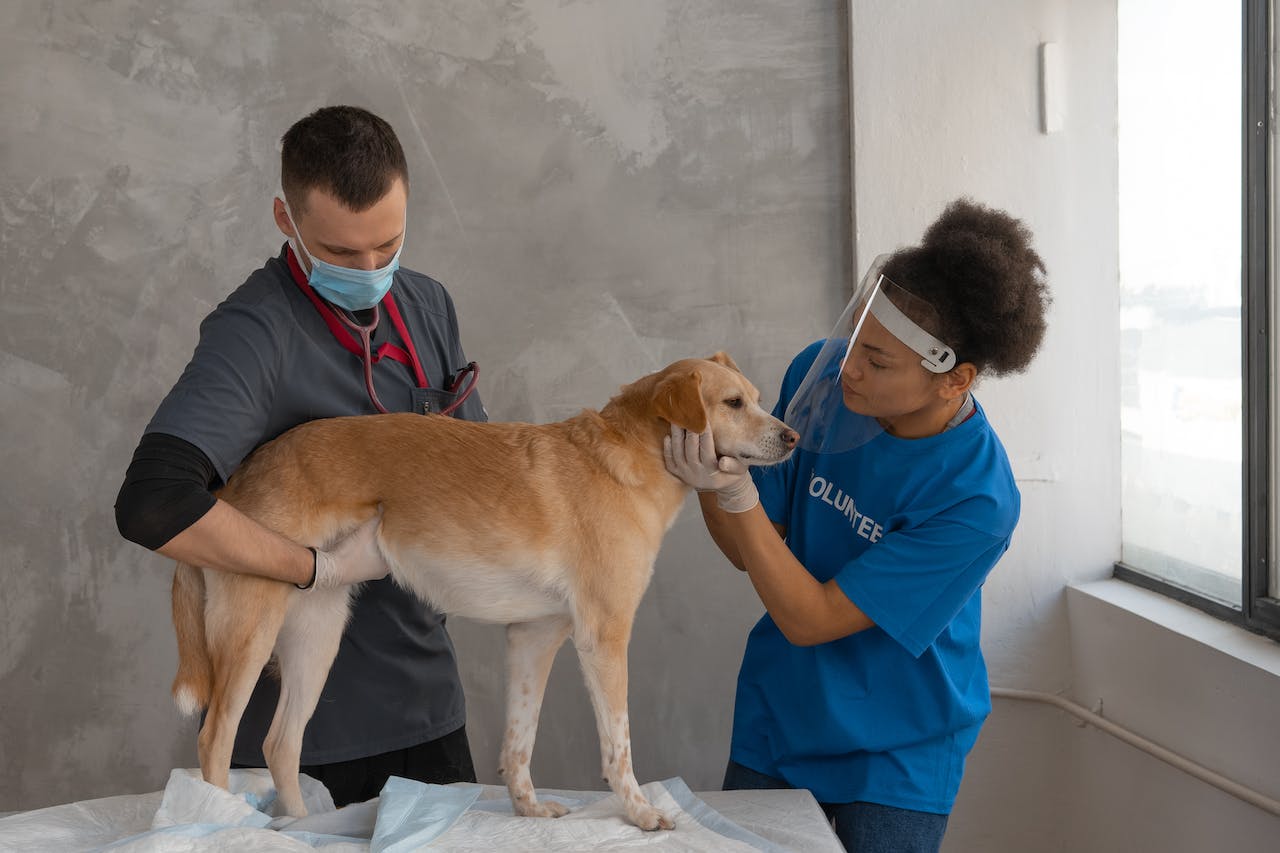Tips for Preventing and Treating Parasitic Infections in Dogs
Tips for Preventing and Treating Parasitic Infections in Dogs 1 Regular Veterinary Check-ups Ensure that your dog receives regular

Tips for Preventing and Treating Parasitic Infections in Dogs
1
Regular Veterinary Check-ups
Ensure that your dog receives regular check-ups from a qualified veterinarian. Regular examinations help detect parasitic infections early on and enable prompt treatment.
2
Proper Hygiene
Keep your dog clean and maintain good hygiene by regularly bathing them and cleaning their living space. This helps prevent the growth and spread of parasites.
3
Vaccinations and Preventive Medications
Follow your veterinarian’s recommended vaccination schedule and administer preventive medications specific to your dog’s needs. These medications help protect your dog against parasites like fleas, ticks, heartworms, and intestinal worms.
4
Regular Parasite Control
Implement a regular parasite control program recommended by your veterinarian. This may include monthly topical treatments, oral medications, or the use of collars that repel parasites.
5
Avoidance of High-Risk Areas
Avoid taking your dog to areas known to be infested with parasites, such as heavily wooded areas or places with stagnant water. This reduces the chances of them picking up parasites.
6
Proper Waste Disposal
Always clean up your dog’s waste properly and dispose of it in designated areas. Parasite eggs and larvae can be present in feces, so proper disposal helps prevent reinfection.
7
Regular Grooming
Regularly groom your dog by brushing their fur and inspecting their skin for any signs of pests. This allows for early detection and helps prevent parasites from establishing a foothold.
8
Diet and Nutrition
Providing a balanced diet and proper nutrition enhances your dog’s overall health, making them less vulnerable to parasitic infections. Consult your veterinarian for appropriate dietary recommendations.






